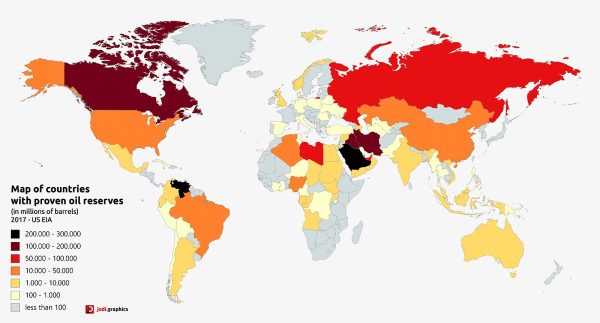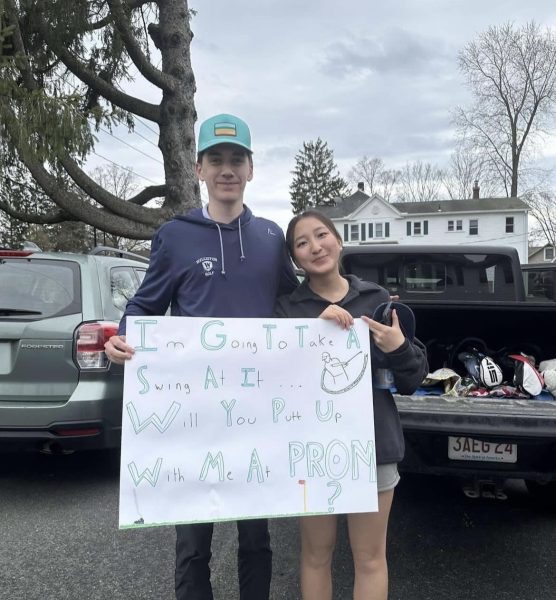Iranian and US Tensions Rise at 2022 World Cup

Geopolitical tensions have begun to flare amidst the World Cup after a controversial social media post was made by the United States Soccer Federation.
During the buildup to an important elimination game on Tuesday, November 29, the U.S. Soccer Federation made a post to their social media in which they altered the Iranian flag by editing out the emblem of the Islamic Republic, which can typically be seen right in the middle of the country’s banner. They did to show support for native female protestors of Iran after a 22-year-old woman was murdered after being within the custody of Iranian police for her attire which “violated the country’s dress code.”
Iran’s streets erupted with protests after Mahsa Amini was killed by morality police officers on October 23; she was allegedly detained for wearing her hijab too loosely. This incident led to political unrest worldwide, and it saw many advocating for change within Iranian culture, which enforces strict rules on its female citizens.
The nature of this tragic death is an unfortunately common occurrence within the Middle Eastern country. Soon after the Islamic Revolution of 1979, the government established a special branch of the police tasked with upholding stern expectations on female dress and behavior. These are the morality police that we know today, and “as of November 29th, at least 448 people have been killed by [these] security forces, including 29 women and 60 children,” according to BBC News.
The United States Men’s National Team Head Coach Gregg Berhalter and young captain Tyler Adams were questioned by Iranian journalists during a press meeting on Monday, November 28, about different socio-political flaws of the United States, urging the United States to look toward their own issues and not get involved with Iran’s.
Global sports events, like the famous “Miracle on Ice” during the Winter Olympics for example, are prone to impacting politics and global relations, not just having great implications within their respective sports.
The “Miracle on Ice” took place in the 1980 Winter Olympics in Lake Placid, and it saw the U.S. and Soviet Union face each other in a matchup where the U.S. were heavy underdogs to the four-time defending gold-medal winning Soviets. The United States miraculously won, and it gave U.S. citizens a renewed sense of nationalism during an exhausting Cold War campaign in which America’s future looked dull.
Iran and the United States’ conflicts with each other date back to the late 70’s during the Iran hostage crisis; the conflicts can also be attributed to Iran’s various human rights violations over the years and their anti-Western ideology. Ahead of an important match in this year’s World Cup with huge implications for both teams, hostility between the two nations is almost undeniable.
Four-year senior and lifetime soccer player Alex Hershon noted that there will always be bad blood between the two countries (Iran and America) because of their history, and any minor shot that the U.S. fires toward Iran will be taken very seriously due to this, no matter America’s intentions.
“I think why Iran took it [the social media post] negatively was because of all of the bad things that have happened between America and not only Iran but all of the Middle East. There’s always going to be some tension between America and the Middle East,” he said. “Everything that America does, Iran will not necessarily take it personally but look at it more into consideration due to all the past events that have happened.”
One event that Alex is referring to which had a drastic impact on American and Iranian diplomatic affairs was the Iran hostage crisis. On November 4, 1979, Iranian militants invaded a U.S. embassy in Tehran and took around 70 Americans hostage. This occurred post-Islamic Revolution due to the perceived sabotage of the rebellion by the U.S. The Islamic Revolution saw the Shah of Iran and his supporting government toppled by Iranian citizens who disapproved of the authoritarian style of ruling within the country.
The United States had a positive relationship with the Shah throughout his reign of power, which saw him travel to the States to undergo cancer treatment after the revolt successfully put him out of power. The new Iranian government saw the connection between the U.S. and the Shah as the States supporting the administration they had just gotten rid of; this created the tension that which led to the hostage crisis.
Sophomore Class President Carter Cleary believes the U.S. broke FIFA regulations and disrespected Iranian culture, despite their seemingly good intentions.
“The United States is in the wrong. I think they had good intentions, but they violated a rule from FIFA,” he said. “They also missed the mark; it was disrespectful to Iran’s history and culture and the emblem in which they edited out had nothing to do with the oppression of Iranian women.”
Senior captain of the Varsity Soccer team Luke Ballard, an avid enjoyer of the World Cup, found a solid middle ground in his viewpoint on the matter.
“Both are in the wrong. Iran’s treatment of women is completely unacceptable and is not socially tolerable considering today’s standards,” Luke said. “However, the United States should not alter another country’s flag and history; if someone did that to an American flag our response certainly would not be quiet.”













